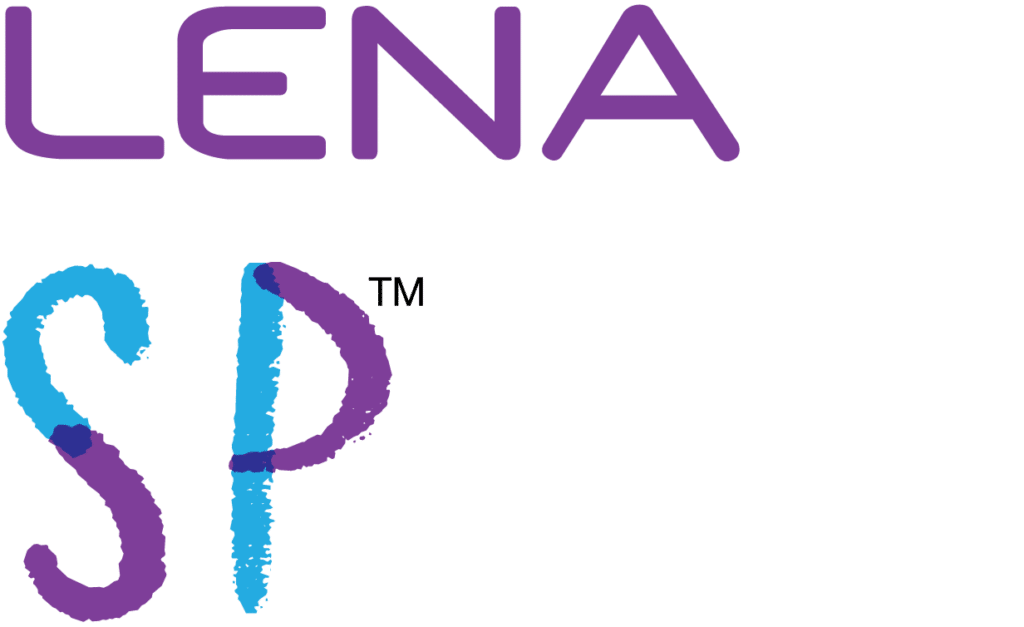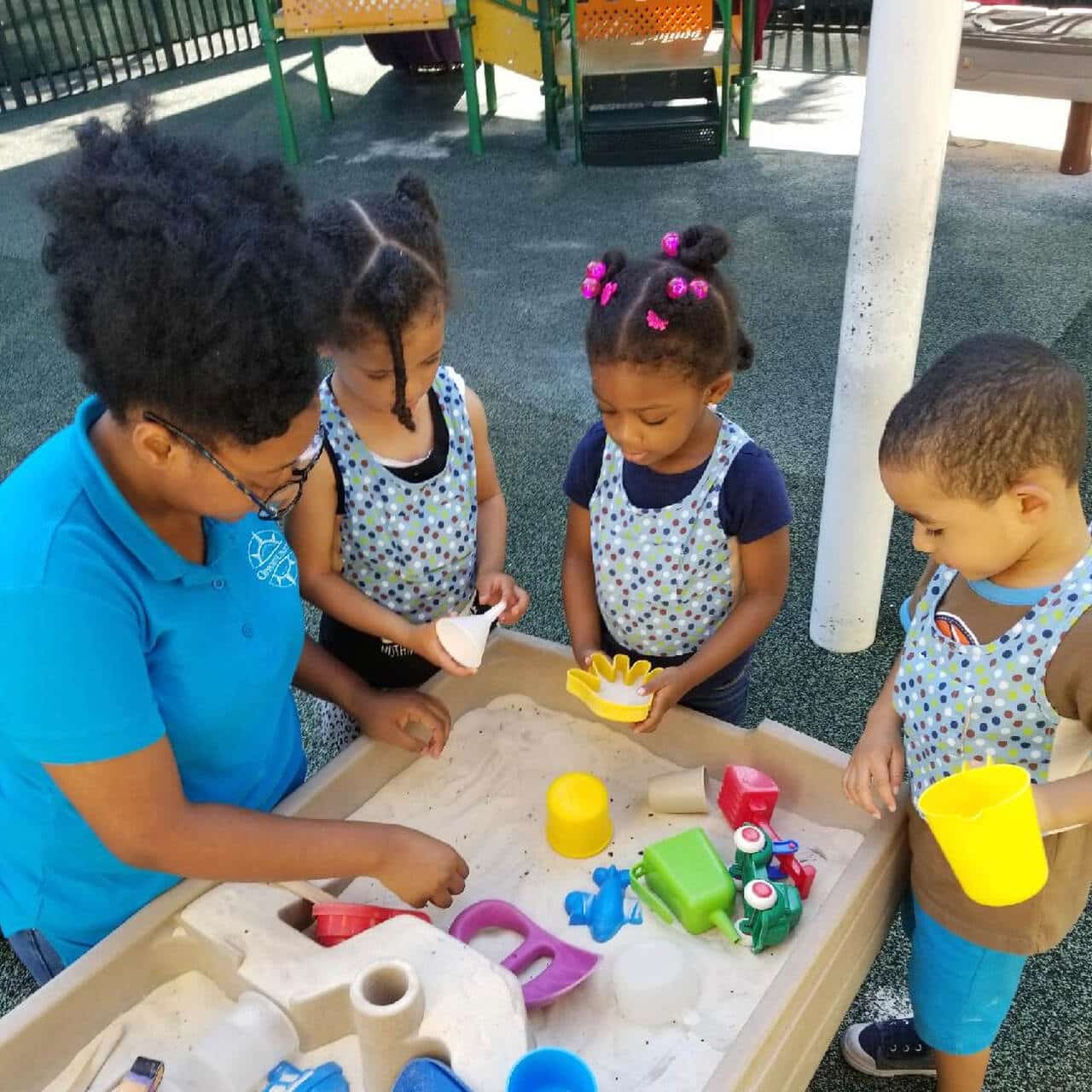LENA SP
Widely validated technology. Breakthrough insights.

Unparalleled language environment data
LENA SP delivers a richly detailed picture of a child’s language environment — for researchers, SLPs, and others who need detailed, scientifically reliable speech-language measurements of children aged 2 to 48 months.
- Reliable
- Detailed
- Convenient
- Secure
Ready to purchase? Schedule a meeting or contact us for logistics and pricing information.
Powered by the LENA System™
The LENA System is a hardware and software suite – and the world’s only validated means of automating data collection on young children’s naturalistic language environments. The LENA device captures one full day of language at a time, while the software system automatically analyzes and segments audio data. Flexible uploading and processing via a secure cloud-based service simplifies logistics of working with multiple children and sites and provides secure access from anywhere, 24/7.


Comprehensive Reports
Sophisticated algorithms turn audio into data with a high degree of comparability to manual transcription.

LENA Online
Manage program data through LENA Online for scalability, access, and outcome-tracking. Plus, resources for families, available in Spanish and English.

Optional Audio Storage
Audio can be stored locally, with data accessible from any location or device through a secure cloud server.
LENA SP for Research Applications
Researchers have used LENA SP to make important contributions in the fields of language development, early literacy, brain science, deaf and hard of hearing studies, Autism Spectrum Disorder research, and more.
LENA SP for Clinical Applications
For speech-language pathologists and other clinicians, LENA SP is an innovative way to enhance early language interventions.


What’s possible with LENA SP?
Unprecedented data collection
LENA SP allows users to access data on many aspects of a child’s language environment, including the number of conversational turns, times of the day when the child was exposed to adult speech, and the number of child vocalizations. High-quality audio files underlying the reports are available to perform transcription, language samples, and spectral analysis.
Seamless management
When it comes to scalability, access, and outcome-tracking, LENA Online makes data and program management easy.
The LENA Developmental Snapshot
Included with LENA SP is the LENA Developmental Snapshot, a validated 52-item questionnaire completed by caregivers. The Snapshot measures a child’s expressive and receptive language development over time.
Automatic Vocalization Assessment (AVA)
Included with LENA SP is the LENA Developmental Snapshot, a validated 52-item questionnaire completed by caregivers. The Snapshot measures a child’s expressive and receptive language development over time.



Trusted by Hundreds of Institutions Around the World
Interested in LENA SP? We’re here to help.

David Streibig
Manager, Growth Operations
davidstreibig@lena.org